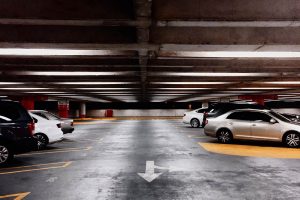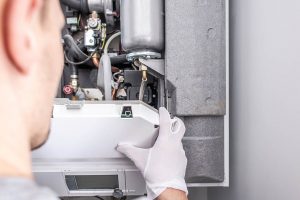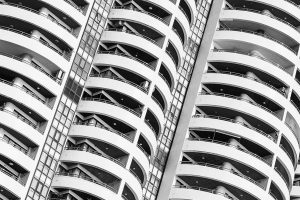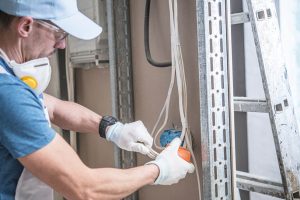A. Common Areas
Under this category the common areas of the building are all areas accessible by everyone that lives at the building. Suites are not accessible by everyone and neither are mechanical, electrical or other service spaces.
Common areas most often include the corridors, main lobby and ground floor hallways, lobbies at underground parking garages, the management office, common rooms, meeting rooms, stairwells, recreation facilities and associated washrooms.
Renewal of these areas generally consists of refinishing surfaces: Carpets are replaced, painted walls are repainted, wall coverings are replaced, wood panelling is refinished, and tiles are refinished. Complete refurbishment including tearing out all finishes and reorganizing the spaces is a much more significant cost and more significant impact to the reserve fund. Choosing between these two approaches can have significant impacts on costs over time.
The overall direction that a corporation takes in this regard is often dependant upon the board. Board changes over time can impact the scope of major renovation projects. For the best financial performance of the Reserve Fund and avoid overspending on interior renovation projects it is important to set and maintain a long-term approach for the Reserve Fund Plan.
The performance of interior finishes is significantly impacted by maintenance activities such as cleaning and regular painting. Another major impact to the performance of interior finishes is the interior environment. Therefore optimal performance of the building mechanical systems and control over its airflow are critical to overall building performance. The building envelope and mechanical and electrical systems must all be optimally tuned in order to minimize their cost impact to the reserve fund.
Drywall cracking or splitting, door frames that stick overtime, cooking or smoke odour transfer, are all potential indicators that the corridor environment is not being properly managed. Along with the negative impacts to resident comfort, more rapid wear and tear of interior finishes will result.
Garbage odours, chlorine odours from a pool, cooking odours, smoking odours, or any odours from the exterior can often be addressed by tuning up the building’s airflow characteristics. This exercise will also reduce operating costs over time and is an essential component of your Reserve Fund Study.







